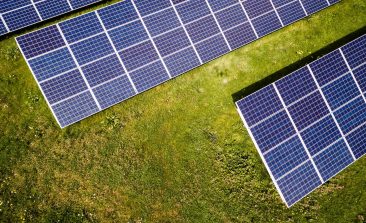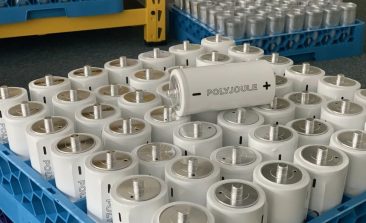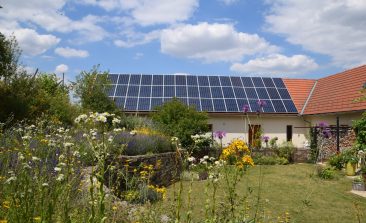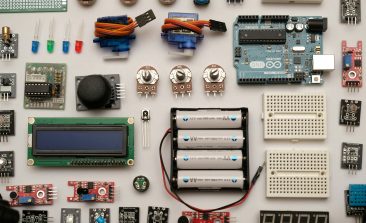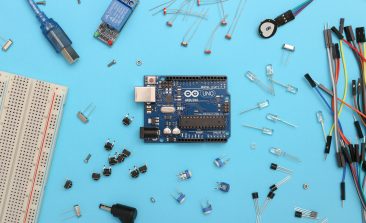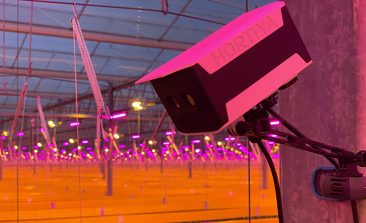Report on the Price of Fossil Fuels Suggests a Rapid Transition to Renewables Can Result in Huge Savings
A study examining the historic prices of fossil fuels and renewable technologies suggests coal, oil and gas might not actually be as cheap as commonly thought.
Are Polyjoule’s Plastic Batteries Cheaper and Safer for Producing Renewable Power?
Traditional lithium-ion batteries come with a whole host of issues, not least their expense. A Boston startup is looking to new materials for the next generation of batteries.
What’s the Carbon Footprint of Your Website?
Digital media is more eco-friendly than analogue, right? Um... not really! But there are things we can do to reduce the environmental impact of our online lives. The Website Carbon Calculator can work out the carbon footprint of any website - and gives you tips on how to make your own online presence more sustainable.
Deep Green Data Centres Heat Swimming Pools in the “Perfect Symbiotic Relationship”
Deep Green uses waste heat from its data centres to heat swimming pools, reducing their carbon emissions and keeping them afloat as energy costs soar.
eFriends – Electricity Sharing with Neighbours
At eFriends, electricity is produced and shared regionally, sustainably and at fair prices - one community, one electricity provider, one solution.
Meet the New Sound-Powered Sensor That Could Replace Batteries
Researchers in Zurich have developed sensors using sound waves, which could save 78 million batteries per year in the EU alone.
Turning Electronic Waste Into Gold with Whey Protein
Electronic waste is not only resource intensive, but, recycling it is also inefficient. Could this common food byproduct improve the process, and is this really the best solution, after all?
AI Startup Hortiya Learns the Language of Plants to Make Agriculture More Sustainable
AI start-up Hortiya wants to make agriculture more efficient and resistant to climate change by listening to plants.
We Investigate the Role Digitalisation Plays in Sustainable Agriculture
Climate change poses major challenges for agriculture. Here we ask about the importance of digitalisation in creating sustainable agriculture.
